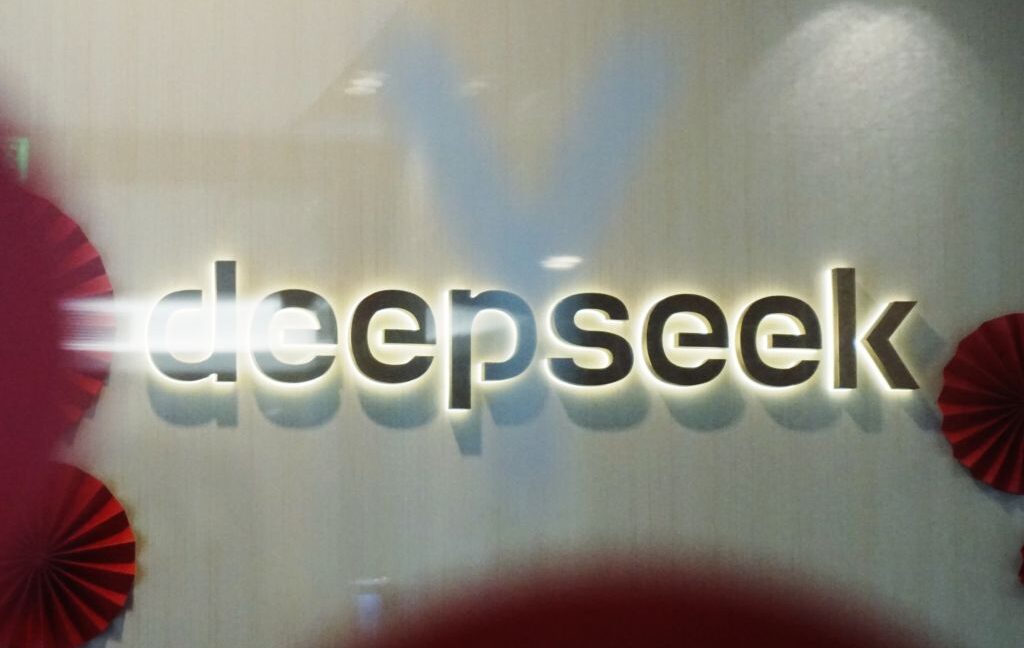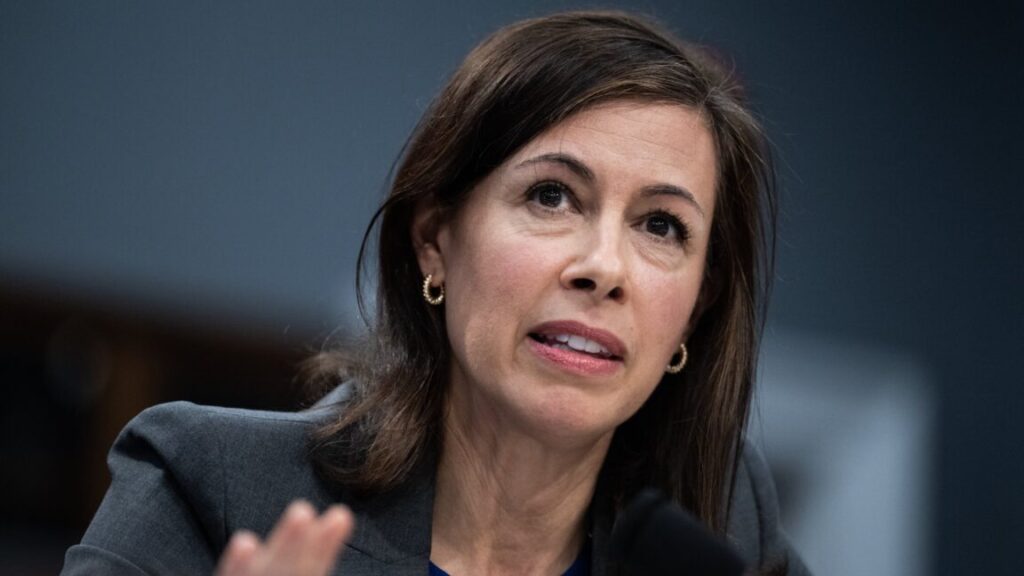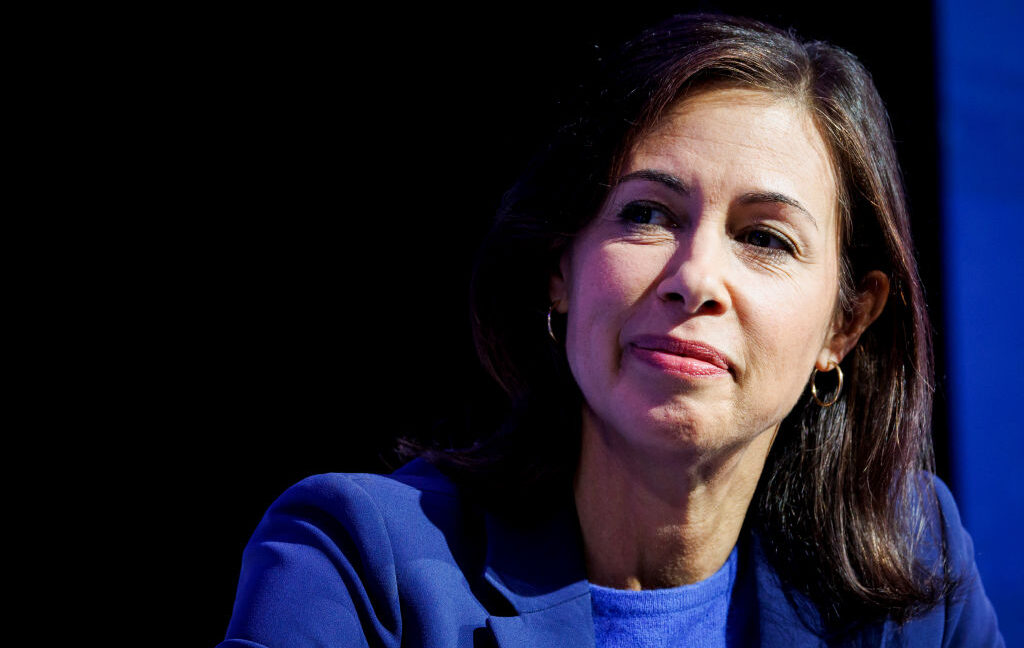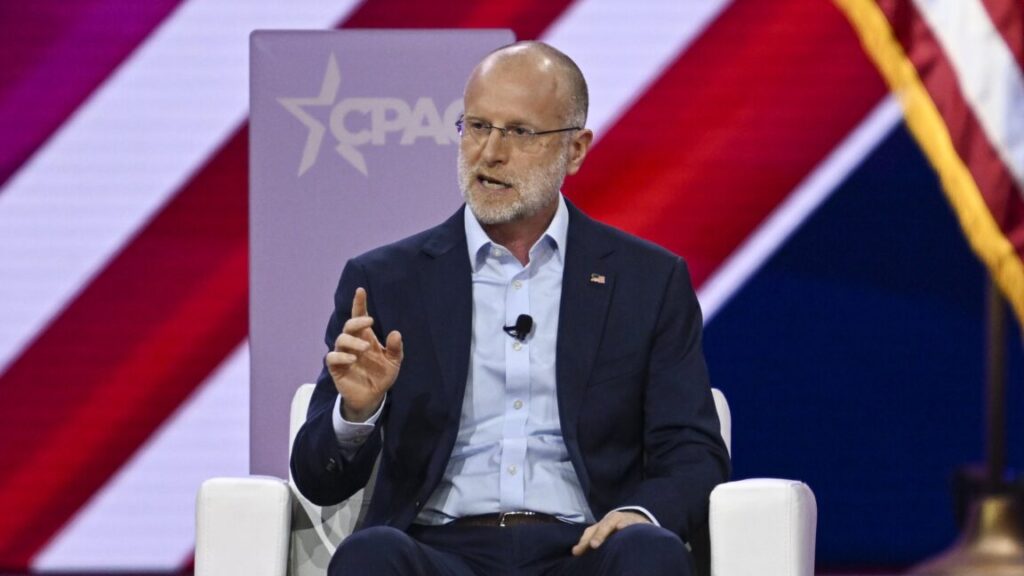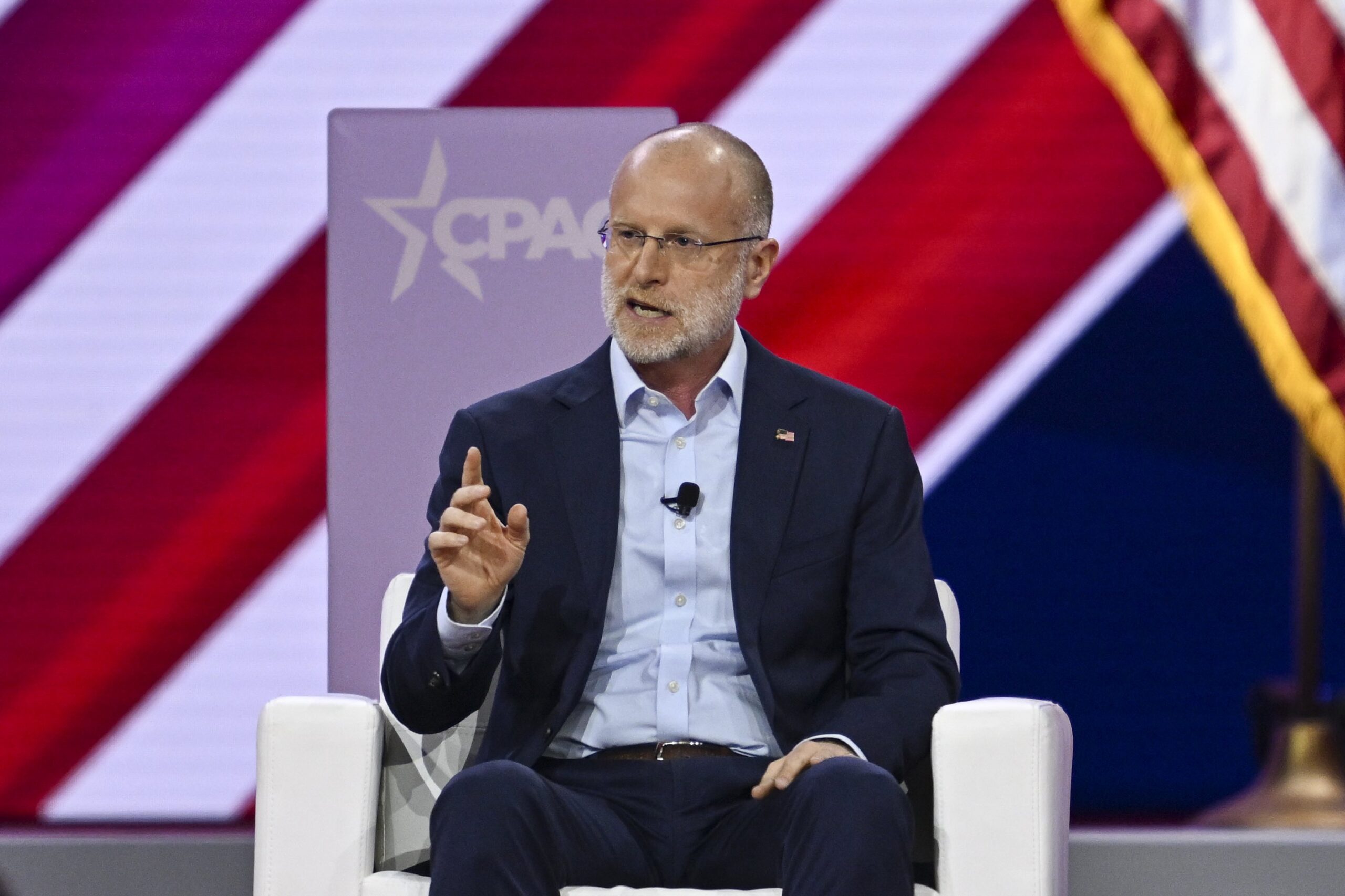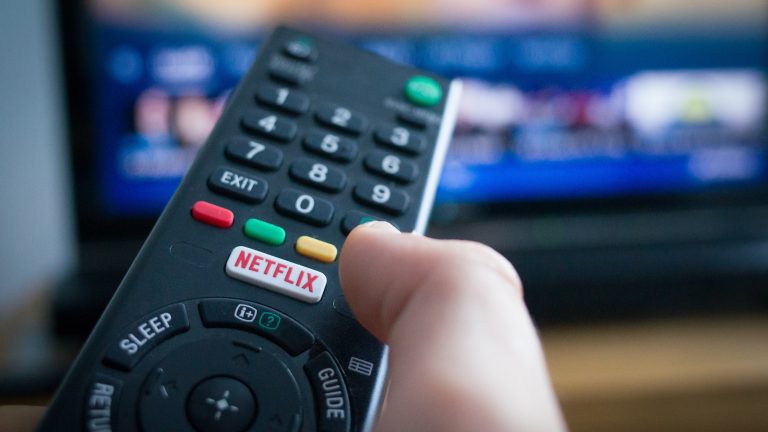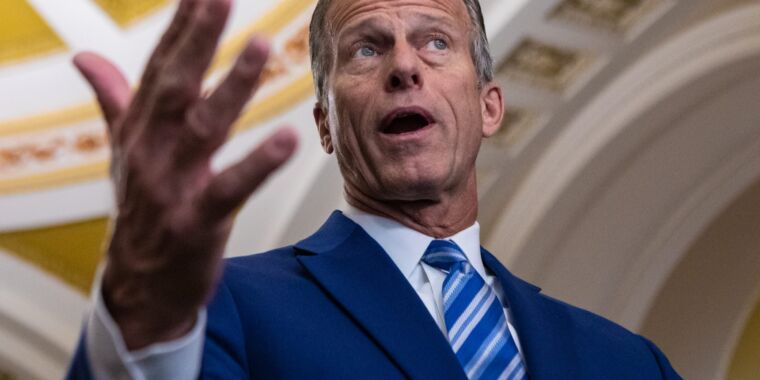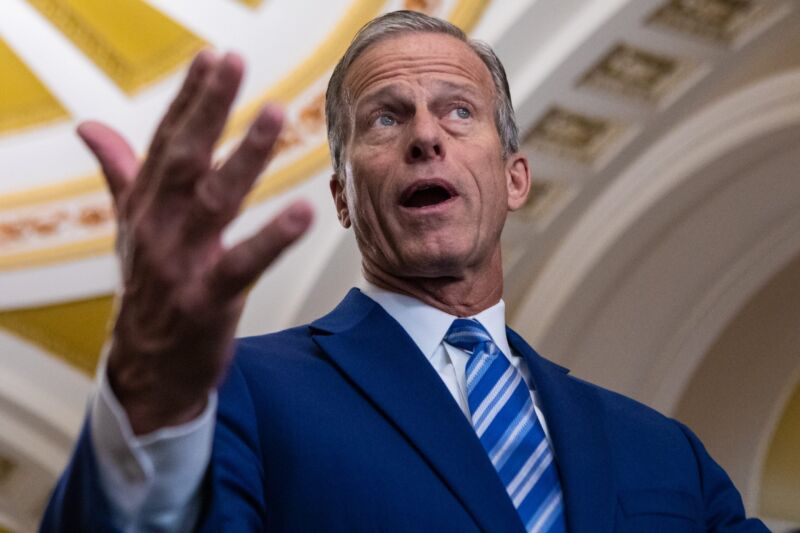DeepSeek is “TikTok on steroids,” senator warns amid push for government-wide ban
But while the national security concerns require a solution, Curtis said his priority is maintaining “a really productive relationship with China.” He pushed Lutnick to address how he plans to hold DeepSeek—and the CCP in general—accountable for national security concerns amid ongoing tensions with China.
Lutnick suggested that if he is confirmed (which appears likely), he will pursue a policy of “reciprocity,” where China can “expect to be treated by” the US exactly how China treats the US. Currently, China is treating the US “horribly,” Lutnick said, and his “first step” as Commerce Secretary will be to “repeat endlessly” that more “reciprocity” is expected from China.
But while Lutnick answered Curtis’ questions about DeepSeek somewhat head-on, he did not have time to respond to Curtis’ inquiry about Lutnick’s intentions for the US AI Safety Institute (AISI)—which Lutnick’s department would oversee and which could be essential to the US staying ahead of China in AI development.
Viewing AISI as key to US global leadership in AI, Curtis offered “tools” to help Lutnick give the AISI “new legs” or a “new life” to ensure that the US remains responsibly ahead of China in the AI race. But Curtis ran out of time to press Lutnick for a response.
It remains unclear how AISI’s work might change under Trump, who revoked Joe Biden’s AI safety rules establishing the AISI.
What is clear is that lawmakers are being pressed to preserve and even evolve the AISI.
Yesterday, the chief economist for a nonprofit called the Foundation for the American Innovation, Samuel Hammond, provided written testimony to the US House Science, Space, and Technology Committee, recommending that AISI be “retooled to perform voluntary audits of AI models—both open and closed—to certify their security and reliability” and to keep America at the forefront of AI development.
“With so little separating China and America’s frontier AI capabilities on a technical level, America’s lead in AI is only as strong as our lead in computing infrastructure,” Hammond said. And “as the founding member of a consortium of 280 similar AI institutes internationally, the AISI seal of approval would thus support the export and diffusion of American AI models worldwide.”
DeepSeek is “TikTok on steroids,” senator warns amid push for government-wide ban Read More »
